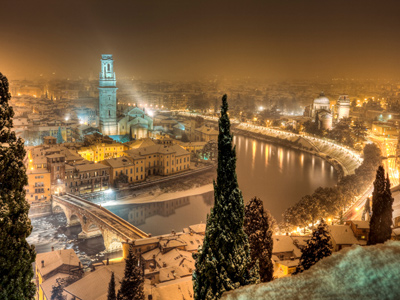
Romeo and Juliet - Understanding the Text
This GCSE English Literature quiz will challenge you on understanding the text in Romeo and Juliet by William Shakespeare. Romeo and Juliet was written over four hundred years ago. Although it is written in what is known as ‘Early Modern’ English, the language can seem unfamiliar and can sometimes cause trouble for students. This play will not be the easiest text you ever read. Nevertheless, it is famous for the beauty of its language and will reward any effort you give to understanding it. Reading slowly, reading sections more than once and reading aloud will certainly help with comprehension.
At its most basic, this play is a story of thwarted and tragic love, the type of story well known in Shakespeare’s day and in ours.
Ready for more?
not all...
quizzers. Try to win a coveted spot on our Hall of Fame Page.







